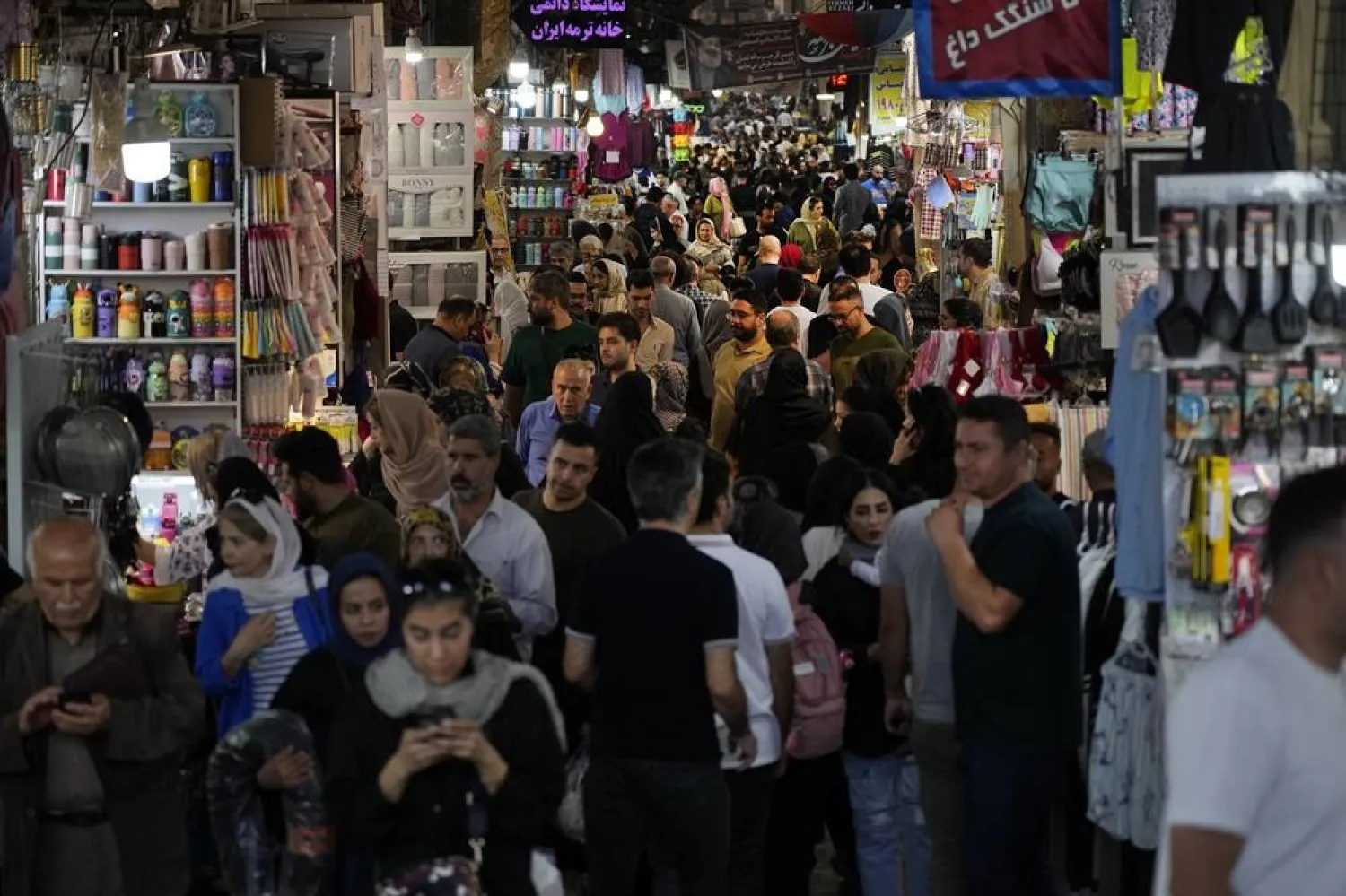Iran has written to the UN nuclear watchdog to complain about Israeli threats to strike its atomic energy sites, its foreign ministry spokesman said at a weekly news conference on Monday.
Israel has vowed to attack Iran in retaliation for a volley of Iranian missiles on Oct. 1, stirring widespread speculation that Iranian nuclear sites could be among the targets.
"Threats to attack nuclear sites are against UN resolutions.... and are condemned ... We have sent a letter about it to ... the UN nuclear watchdog," ministry spokesman Esmaeil Baghaei told the televised news conference.
Last week, Israeli Prime Minister Benjamin Netanyahu's office said Israel would listen to key ally the United States regarding a response to Iran's missile attack but would decide its actions according to its own national interest.
His statement was attached to a Washington Post article which said Netanyahu had told President Joe Biden's administration that Israel would strike Iranian military targets, not nuclear or oil sites.
Baghaei, responding to a question about the possibility of Iran changing its official nuclear doctrine, said "weapons of mass destruction have no place in our policy". Tehran would decide on how and when to respond to any Israeli attack.
Iran has repeatedly denied Western accusations that it has covertly sought to develop nuclear bombs in violation of its commitment to the global Non-Proliferation Treaty.
Iran fired scores of missiles at Israel in retaliation for Israeli strikes on its allies Hezbollah in Lebanon and Hamas in the Gaza Strip - the second Iranian missile attack on Israel this year. Israel responded to the first missile volley in April with an airstrike on an air defense site in central Iran.









